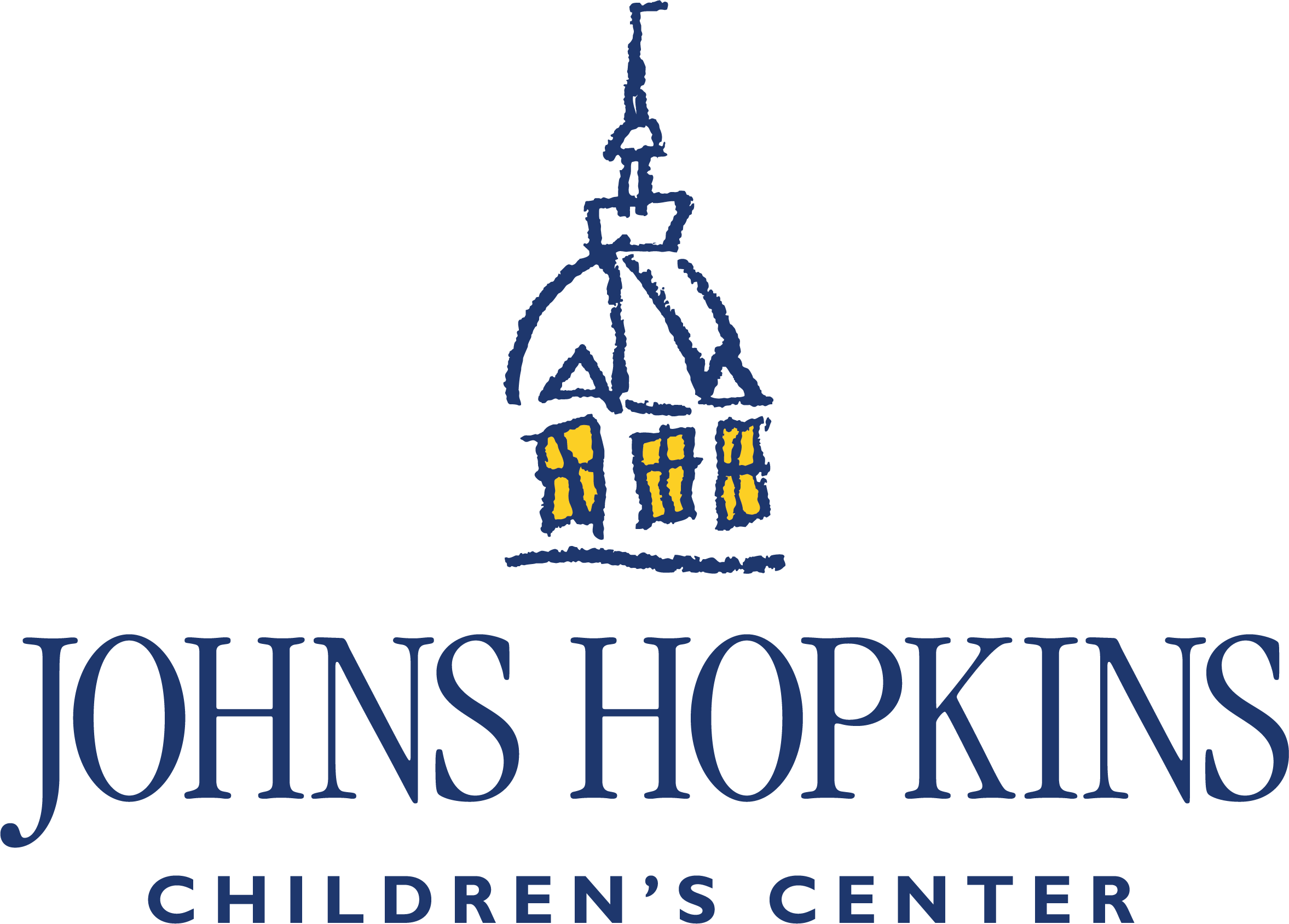Pediatric Infectious Diseases Program Curriculum
Clinical Training
Clinical training is divided into three blocks over the three-year period, with six months in the first years, and an additional three months during each of the second and third years. Training includes infectious diseases as applied to all aspects of pediatrics, including neonatology, intensive care, hematology and oncology, bone marrow and solid organ transplantation, immunology and HIV infection, and other subspecialties in both inpatient and outpatient settings. The program also includes formal training in clinical microbiology, molecular diagnostics and infection control, and participation in epidemiology, biostatistics, study design or clinical investigation courses offered through the Bloomberg School of Public Health.
Research Training
Our second and third year fellows are devoted to a project, under the direct supervision of a faculty member, that is selected by the fellow and approved the Fellowship Program Committee. The purpose of this training is to develop clinical or bench research skills for an anticipated career in academic medicine. Three facets of research training are somewhat unique in this program:
- We do not require that fellows find funding for their salary support unless they stay beyond the three-year contractual period. However, fellows are required to submit at least two training level grants, guided by their mentor, to begin to develop skills in grant writing and to facilitate their research project development.
- We do not require that fellows define their area of research before coming to Johns Hopkins. Indeed, most of our fellows make these decisions after they matriculate and have an opportunity, through meetings and lab rotations, to explore the various options available. However, we ask applicants who have clearly defined research goals to inform us of their interests during their interview.
- Fellows may consider doing research projects in other departments of the School of Medicine and in the Bloomberg School of Public Health, or other institutions e.g. National Institutes of Health, to take advantage of the full range of training experiences offered at Johns Hopkins and nearby institutions. Training at outside institutions is facilitated by our T32 Training Grant that provides salary support for each fellow. Given the depth of Johns Hopkins resources, fellows are encouraged to seek “secondary mentors” as necessary to achieve their chose depth of the resources of the Johns Hopkins Medical Institutions, fellows are encouraged to seek “secondary mentors” as necessary to achieve their chosen research, academic, and career goals.
Course work either in the epidemiologic or basic sciences is encouraged for all fellows. Multiple opportunities for formal course work are available to fellows through the School of Medicine and/or the School of Public Health; these courses are financed through the tuition remission program at Johns Hopkins Medical Institutions.
Trainee’s Supervisory and Patient Care Responsibilities
Year 1 is comprised of five months pediatric infectious diseases inpatient clinical service, one-month clinical rotation and six months of research activities. Years 2 and 3 are comprised of two months of pediatric infectious diseases inpatient clinical service, one month of clinical rotation and nine months of research activities. Fellows also participate in outpatient clinical activities while on service, and they can work for one month each in mandatory and elective clinics over the three years.
Fellows have the opportunity to teach and mentor residents and medical students at Johns Hopkins during rounds. In addition, they participate in formal case presentations and lectures to residents throughout their fellowship, as well as a formal talk to the general pediatricians at an annual Johns Hopkins meeting during their third year.

